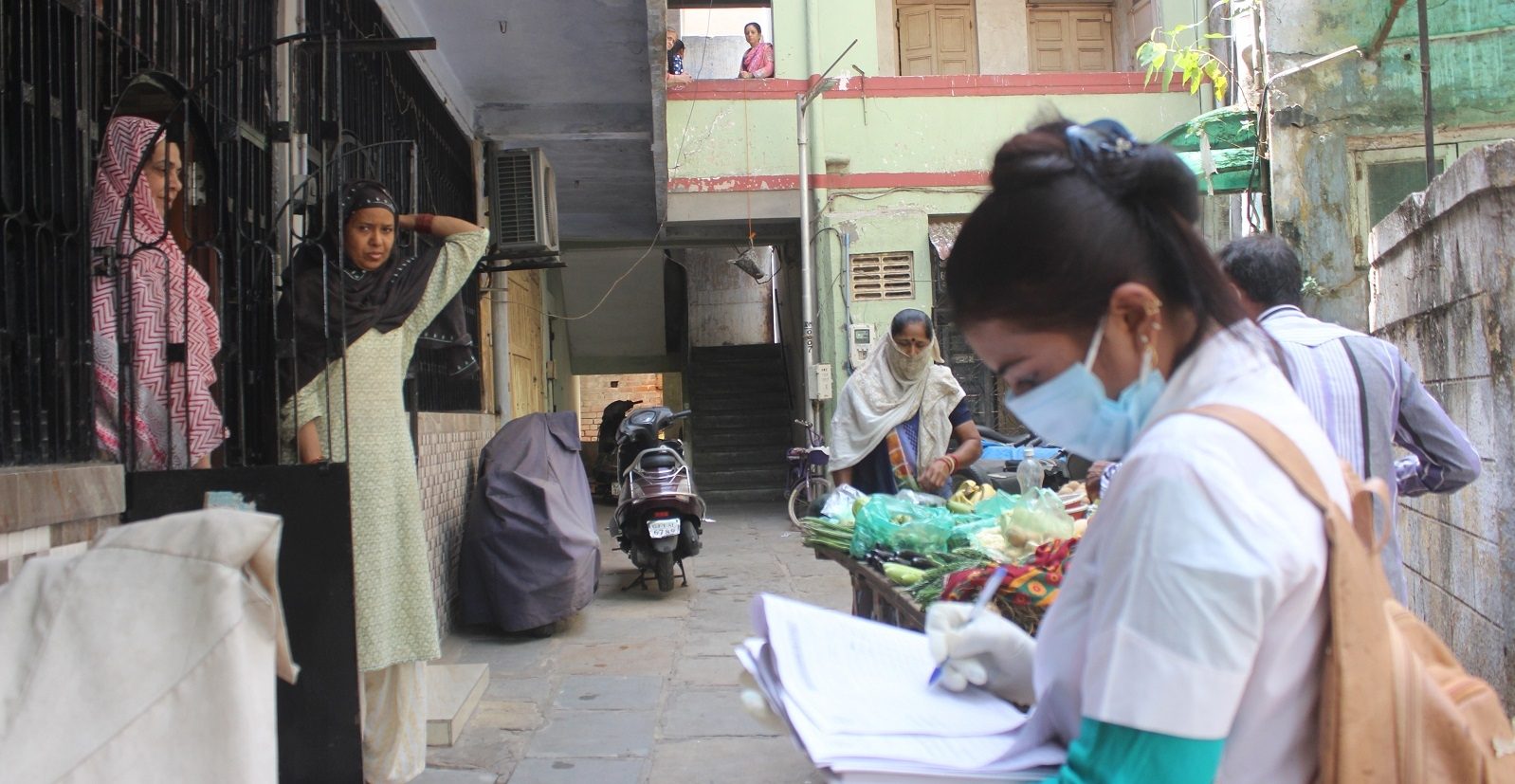
COVID-19 underlines the case for Universal Health Coverage
The impacts of COVID-19 are an alarming reminder of the urgent need for leaders to make good on their commitments to Universal Health Coverage (UHC).
“It is important that the meaning of Universal Health Coverage advances the Alma Ata vision of health for all and links it to the Sustainable Development Goal of leaving no one behind. Health is a human right and should not be impoverishing for anyone. At the systems level, health for all is good for the economy, for solidarity, and security,” says Dr. Devaki Nambiar, Program Head – Health Systems and Equity at the George Institute for Global Health, India.
“TGI has been a signatory to the Reclaiming Comprehensive Public Health call – which brings an important set of values with relevance to UHC in the COVID-19 context. These include principles of collaboration, community engagement, support and protection for workers on the frontline and attention to local context, all in a broader framework of human rights and social protection for all.” she adds.
Currently, at least half of the world’s people lack access to essential health services, and millions of people will be trapped in extreme poverty as a result of having to pay for basic health care.
“COVID-19 is proving that emergencies and pandemics are only exacerbated by frail health systems. It has highlighted inadequacies in health facilities related to infrastructure, workforces and equipment, and more importantly, how the most vulnerable are being left behind, in stark contrast to what UHC stands for,” says Dr. D Praveen, Program Head, Primary Health Care at the George Institute for Global Health, India.
Progress towards UHC commitments is needed now more than ever. The George Institute for Global Health, India calls on leaders to make good on their UHC commitments and support countries to make real progress towards UHC by 2030.
Amidst the greatest health emergency of our generation and to mark UHC Day 2020, join us to express solidarity for efforts towards achieving UHC, and to hold leaders accountable for the areas of commitment covered in the 2019 Political Declaration:
Commitment 1: Ensure political leadership beyond health. Commit to achieve UHC for healthy lives and well-being for all at all stages, as a social contract.
Commitment 2: Leave no one behind. Pursue equity in access to quality health services with financial protection.
Commitment 3: Legislate and regulate. Create a strong, enabling regulatory and legal environment responsive to people’s needs.
Commitment 4: Uphold quality of care. Build quality health systems that people and communities trust.
Commitment 5: Invest more, invest better. Sustain public financing and harmonize health investments.
Commitment 6: Move together. Establish multi-stakeholder mechanisms for engaging the whole of society for a healthier world.
Commitment 7: Gender equality. Emphasize gender equality, redress gender power dynamics and ensure women’s and girl’s rights as foundational principles for UHC.
Commitment 8: Emergency preparedness. Promote strong and resilient health systems for enhancing health emergency preparedness and response.
The George Institute conducts research to support progress towards the UHC commitments. Learn more about our work here.




